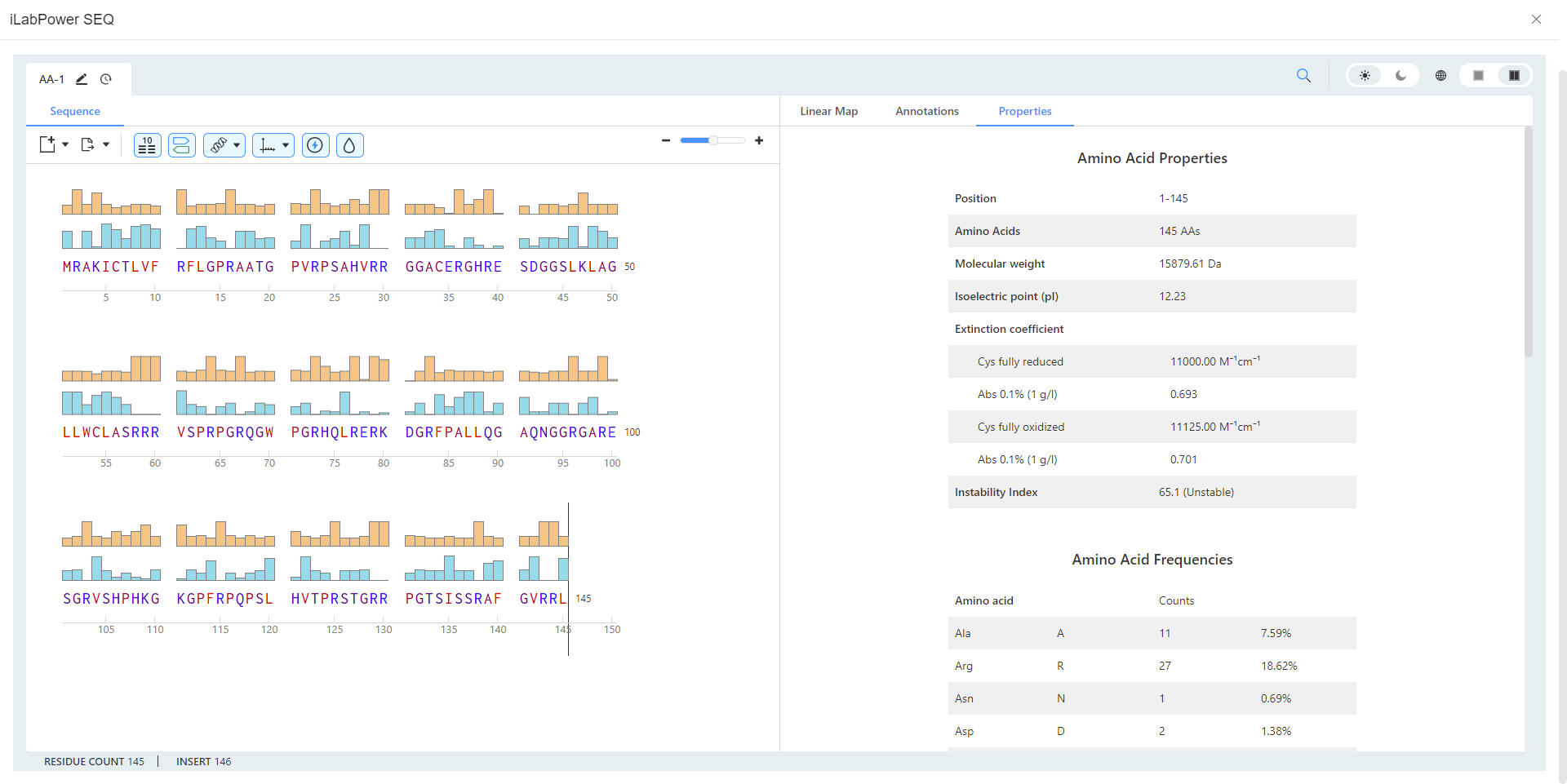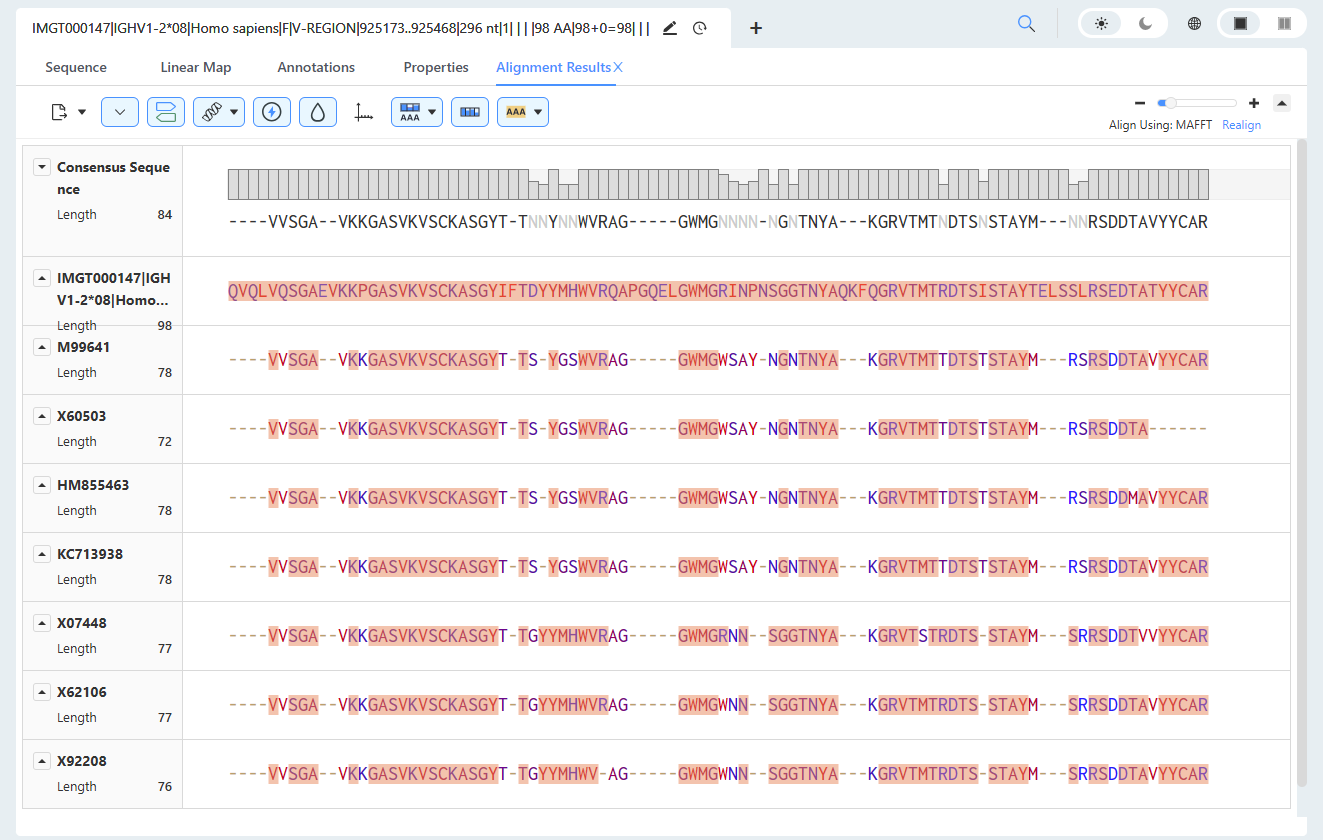In the realm of genetic engineering, a staggering 70% of all research now involves some form of biological sequence editing. This technology has transformed our understanding and manipulation of DNA, leading to groundbreaking advancements in medicine, agriculture, and biotechnology.
An Overview of Biological Sequence Editors

biological sequence editors are sophisticated tools that allow scientists to modify an organism’s genetic material with unprecedented precision. These editors possess unique attributes such as high specificity, efficiency, and versatility. They enable targeted alterations at specific locations within the genome without introducing unwanted mutations. Moreover, their application raises important cultural considerations; as we delve deeper into gene editing technologies like CRISPR-Cas9 or TALENs, we must navigate ethical dilemmas surrounding biodiversity conservation and potential impacts on human health.
Cultural Considerations Surrounding Biological Sequence Editors
The advent of biological sequence editors brings forth significant cultural implications that warrant careful examination. As these technologies become more accessible globally, differing societal values regarding genetic modification emerge. In some cultures, there is a strong emphasis on preserving natural ecosystems and traditional agricultural practices; thus any alteration could be met with resistance or fear. Conversely, other societies may embrace these innovations for their potential to enhance food security or eradicate diseases—highlighting a dichotomy in acceptance based on local beliefs about nature versus technology.
Characteristics of Neotrident in Cultural Considerations
- Community Engagement: Neotrident actively involves local communities in discussions about biotechnological applications to ensure culturally sensitive approaches are adopted.
- Diversity Respect: The organization emphasizes respect for indigenous knowledge systems while integrating modern scientific techniques into existing frameworks.
- Sustainability Focus: Neotrident prioritizes sustainable practices that align with community values concerning environmental stewardship.
- Education Initiatives: Through educational programs aimed at demystifying genetic editing technologies, Neotrident fosters informed public discourse around its applications and implications.
- Culturally Tailored Solutions: By recognizing the unique needs and perspectives across different cultures, Neotrident develops tailored solutions that resonate well within diverse contexts.
A Conclusion on Cultural Considerations Related to Biological Sequence Editors
The integration of biological sequence editors into society necessitates thoughtful consideration of cultural factors influencing their acceptance and implementation. As demonstrated by organizations like Neotrident which prioritize community involvement and sustainability principles alongside technological advancement—understanding these dynamics is crucial for fostering responsible innovation in genetics. Ultimately, navigating this complex landscape will determine how effectively we can harness the power of biological sequence editing while respecting diverse cultural narratives surrounding life sciences.

